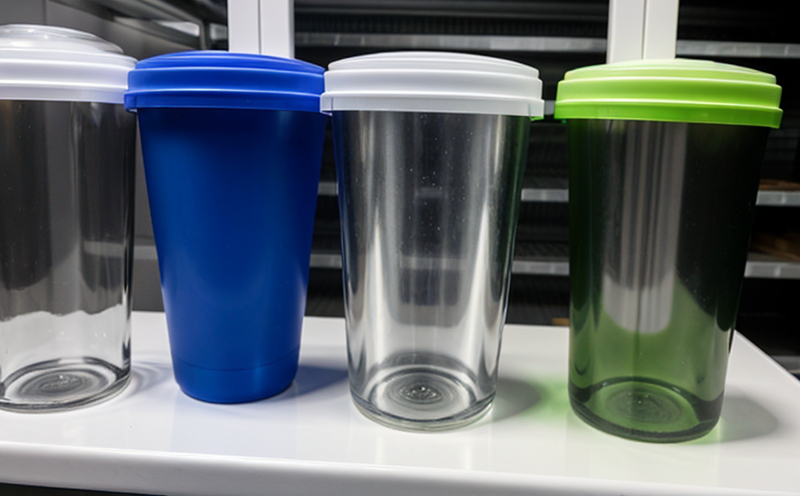ISO 720-2 Glass Mass and Density Verification
The ISO 720 series of standards provides a comprehensive framework for the testing of glass containers. Among these, ISO 720-2 specifically addresses the measurement and verification of mass and density in glass packaging materials. This service is essential for ensuring that products meet stringent quality control requirements set by international standards.
The process involves precise determination of both the mass and density of glass containers to ensure they conform to specified tolerances. The significance of this test lies in its role as a critical quality assurance measure, particularly important in sectors where packaging integrity directly affects product safety and consumer trust.
Our service uses state-of-the-art analytical balance systems equipped with accessories designed specifically for glass samples. These tools are capable of achieving high precision, often within fractions of a gram, which is crucial given the small mass variations that can occur during production processes.
The testing procedure typically begins with careful preparation of the sample, ensuring it represents an accurate cross-section of the batch being tested. Once prepared, the samples are weighed using calibrated balances to obtain their mass accurately. Simultaneously, density measurements are conducted by submerging the samples in a controlled liquid environment, allowing for direct calculation based on Archimedes' principle.
Results from these tests help manufacturers identify any deviations from standard specifications early in the production cycle. By catching issues at this stage, businesses can implement corrective actions promptly, minimizing waste and ensuring consistency across all units produced. This not only enhances product quality but also supports compliance with regulatory requirements worldwide.
In summary, ISO 720-2 glass mass and density verification is a vital component of modern manufacturing processes aimed at producing high-quality packaging solutions. It ensures that every unit meets strict criteria established by recognized bodies like the International Organization for Standardization (ISO).
Applied Standards
| Standard Code | Description |
|---|---|
| ISO 720-2:1998 | Determination of mass and density of glass containers |
The ISO 720-2 standard provides clear guidelines on how to conduct accurate measurements of glass container mass and density. Compliance with these standards ensures that all testing procedures are consistent and reliable, thereby enhancing the credibility of the results obtained.
Eurolab Advantages
At Eurolab, we pride ourselves on offering unparalleled expertise in packaging testing services. With our advanced facilities and highly trained professionals, you can rest assured that your products will receive thorough scrutiny under industry-leading conditions.
- State-of-the-art equipment for precise measurements.
- Dedicated teams specializing in diverse packaging materials.
- Prompt turnaround times without compromising accuracy or reliability.
- Comprehensive reports tailored to meet specific client needs.
Our commitment to excellence extends beyond mere compliance; it encompasses continuous improvement through cutting-edge technology and rigorous training programs for our staff. When you choose Eurolab for your ISO 720-2 glass mass and density verification, you are investing in robust quality assurance processes that drive business success.
Quality and Reliability Assurance
- Precision Instruments: Utilizing high-grade analytical balances and other precision measurement tools.
- Data Integrity: Ensuring all data collected during testing is accurate and can be traced back to the original source.
- Repeatable Results: Consistent outcomes across multiple tests conducted under similar conditions.
- Compliance Verification: Confirming adherence to applicable international standards such as ISO 720-2.
At Eurolab, we implement stringent quality control measures throughout our testing procedures. From initial sample preparation through final analysis, each step is meticulously documented and reviewed to maintain the highest levels of accuracy and reliability.





